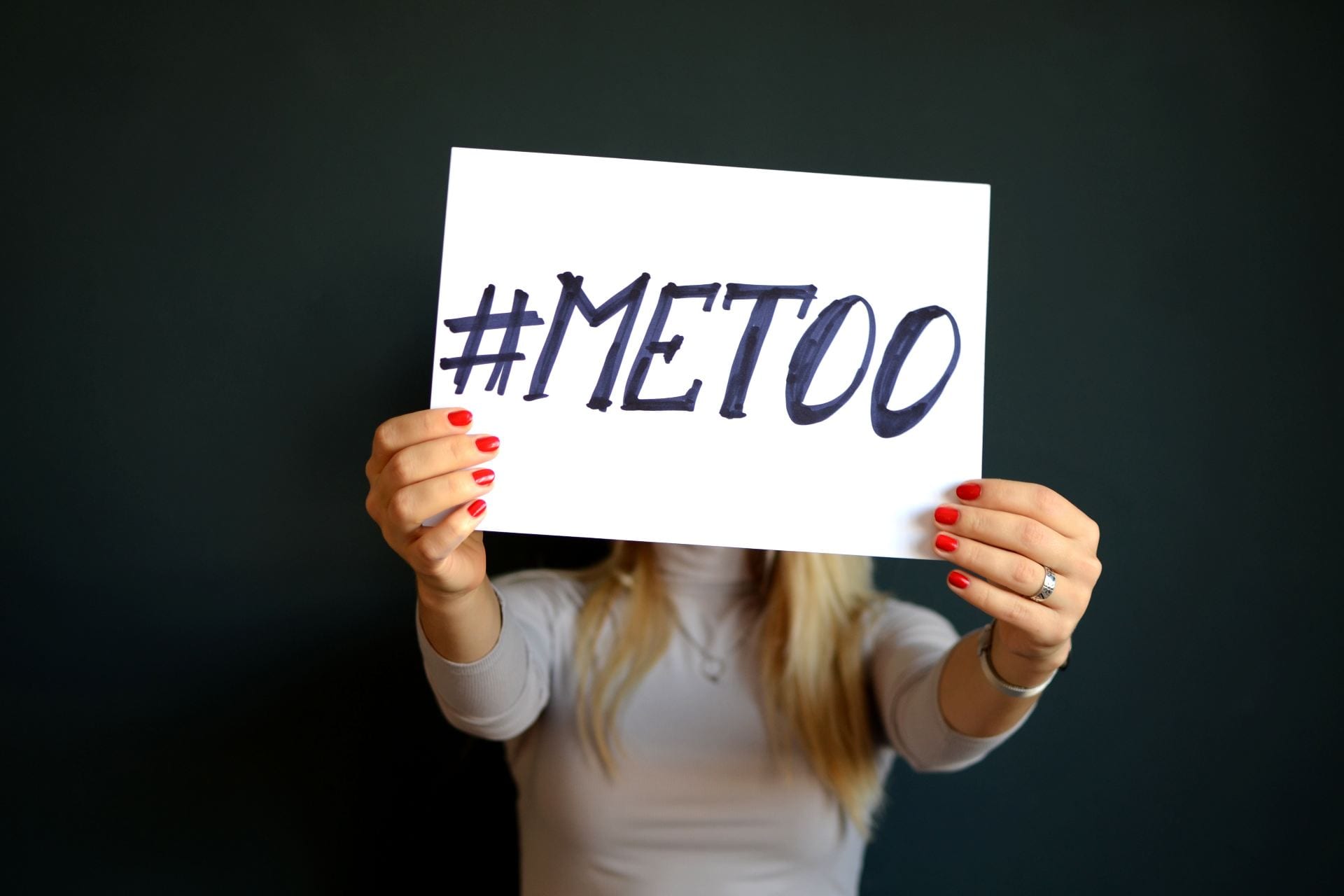Many women have recently told others about previously secret events of their life, including being sexually harassed and assaulted. Both men and women testified at the recent Royal Commission on sexual abuse in institutions. The Me Too movement grows all the time. The Kavanaugh Supreme Court confirmation hearings transfixed the U.S. with a psychologist testifying how Kavanaugh sexually abused her when she was 15.
We usually feel better when we tell caring others about bad events in our life. That telling lightens the emotional load and often leads to valuable social support.
The desire to disclose highly emotional events sometimes backfires in a practical sense, for instance when a person confesses to a serious crime. The person may experience emotional relief, followed by years in prison.
Losses of loved ones can have big effects on us. We often find when we share our losses with others that they express empathy, based in part on their own experiences with losses.
Some important life stories are quite positive. When a nice university student told me that she had earned a very high maths score in her HSC (high school final score in a subject), I felt her joy, and I praised her accomplishment. Empathy can apply to positive emotions as well as negative.
No one lives for decades without have striking experiences. Some life stories are thrilling to hear; some are terrifying. Hearing the dramatic ones broadens our experience and enriches our lives.
The Catholic Church asks a life-story question at the confessional: What are your sins? From the perspective of positive psychology, the next question might be: What have you done that is saintly?
I recently asked a friend: What is one of the most emotion-stimulating experiences of your life? She told me about her deciding to leave a teaching position in the UK midyear to return to a teaching role in Southeast Asia. She said that she felt a mix of joy to be rejoining a project she believed in with people that she loved, guilt at leaving a teaching contract early, and sadness at leaving new friends behind.
When we ask others about the big life experiences of their life — the good, the bad, the astounding — we may make a strong connection with these individuals.
Others will tell us gripping life stories, if we ask. And if we set a model of disclosing our own big events.
[Photo by Mihai Surdu on Unsplash]




0 Comments